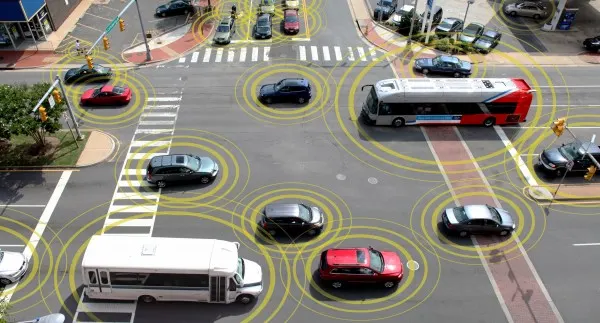Trip Generation Analysis
Trip Generation is a key component of transportation planning that estimates the number of trips originating from or destined to a specific land use during a given time period

What is Trip Generation?
Trip Generation is a key component of transportation planning that estimates the number of trips originating from or destined to a specific land use during a given time period. It helps planners and engineers understand how new developments or land use changes impact surrounding traffic conditions.
Whether it’s a residential complex, shopping mall, hospital, or school — each development produces a certain volume of traffic. Measuring this is essential for creating smarter, safer, and more sustainable transportation systems.
Why Trip Generation Matters
Accurate trip generation studies form the backbone of traffic impact assessments. Understanding trip patterns helps city planners, developers, and government agencies:
Design roads, intersections, and parking facilities effectively
Assess the need for public transportation integration
Minimize congestion and environmental impact
Make informed decisions for zoning and land-use approvals
How Trip Generation Works
Trip generation analysis identifies the number of trip ends — either origins or destinations — associated with a land use. For example, a school generates trips from students and staff arriving in the morning and leaving in the afternoon.
Trip generation rates vary based on factors such as:
Type of land use (commercial, residential, etc.)
Size or scale of the development (e.g., number of housing units or floor area)
Time of day (peak vs. off-peak)
Geographic context (urban vs. suburban)
Data Sources We Use
To ensure reliable results, we draw trip rates from:
ITE Trip Generation Manual
Local and regional traffic surveys
Primary traffic counts and surveys
Client-specific development details and plans
Pro Tip: Accurate survey data is key to better planning. Explore professional traffic and household data collection services at Traffic Data Count.
Our Trip Generation Methods
We use industry-approved techniques tailored to each project’s unique requirements:
Cross-classification Analysis – Based on observable variables like dwelling units or employee count
Regression Analysis – For complex or mixed-use developments
Manual Surveys – For real-world verification and validation
Types of Land Use Covered
We analyze trip generation for:
🏘️ Residential: Apartments, housing societies, villas
🛍️ Commercial: Malls, retail shops, office complexes
🏥 Institutional: Schools, colleges, hospitals
🏭 Industrial: Warehouses, factories, logistics parks
Trip Generation vs. Trip Distribution
While trip generation measures how many trips begin or end at a site, trip distribution shows where those trips go. Together, they are crucial steps in the four-stage transportation planning model:
Trip Generation
Trip Distribution
Mode Choice
Route Assignment
Our Process
Steps to Accurate Traffic Data Analysis
1. Data Collection & Analysis
We gather and analyze traffic data to provide actionable insights that improve flow and safety.
2. Management & Execution
Our team ensures seamless project management for timely, high-quality delivery.
3. Project Oversight & Delivery
We oversee every phase to ensure projects meet deadlines, budgets, and client requirements.

12+
Our Legacy
Why Choose Traffic Data Count?
We are your trusted partner in traffic data analysis, offering expert solutions to support smarter urban development and transportation planning. Here’s why clients choose us:
- Accurate & Reliable Data
- Advanced Methodologies
- Timely & Cost-Effective
- Expert Team
Testimonials
Honest Reviews from our Customers

Claire Dubois
Germany
“We collaborated with this team for a detailed intersection analysis project in Munich. The turning movement count data was precise, well-documented, and delivered on time.”
Get accurate traffic data analysis today!
Contact us today to schedule a consultation or to learn more about our services.


